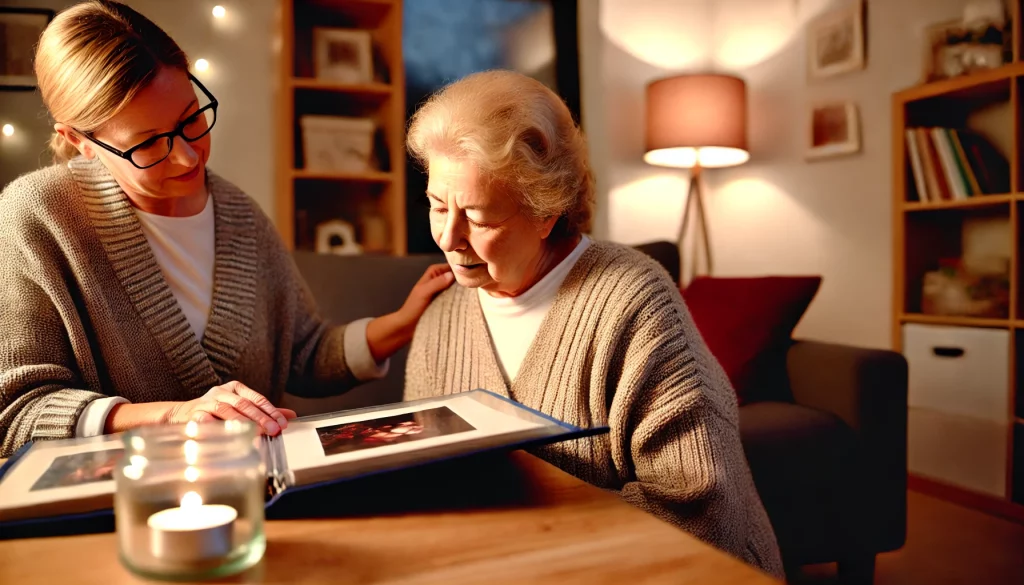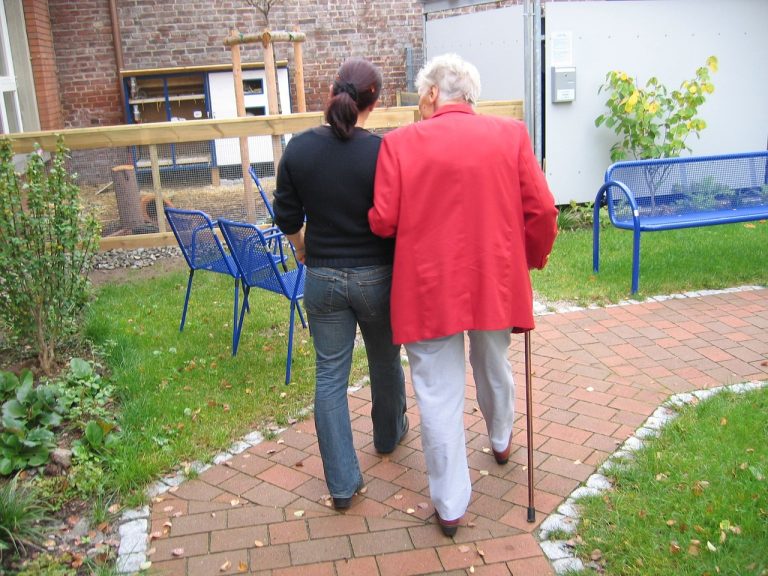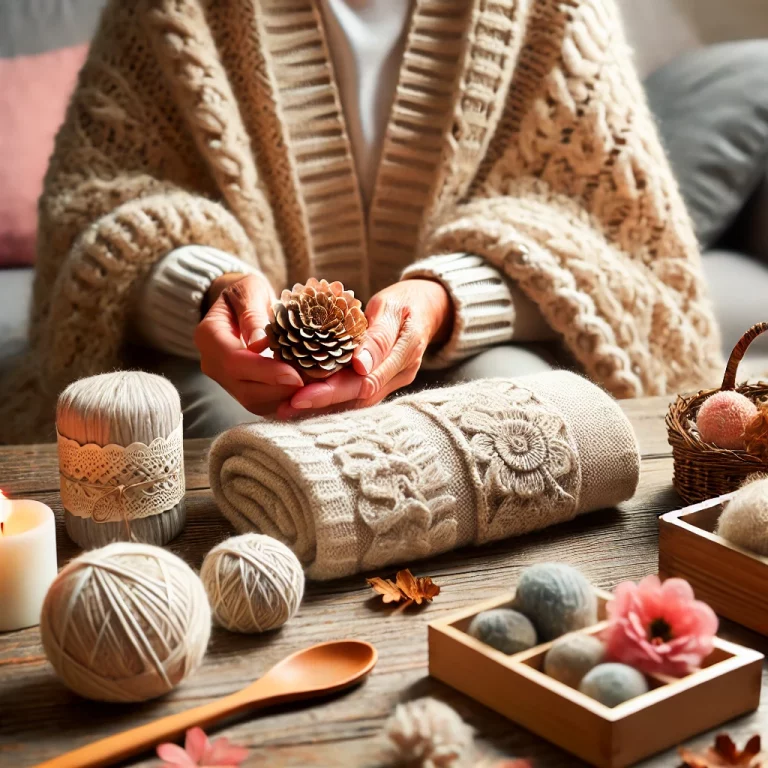“To care for those who once cared for us is one of the highest honors.” – Tia Walker
As someone who has worked extensively with families affected by dementia, I’ve witnessed firsthand how challenging yet rewarding caregiving can be. Through my experience in occupational therapy caregiving ideas for dementia, I’ve learned that focusing on the whole person – not just their condition – creates the most meaningful impact. I’ve seen families struggle with daily routines, watching their loved ones grapple with memory loss and confusion. Yet, I’ve also seen beautiful moments of connection and joy emerge through thoughtful care approaches. Working with occupational therapists has shown me how specialized techniques can dramatically improve life quality for both caregivers and their loved ones. By focusing on what people can still do rather than what they’ve lost, we can help maintain their dignity and independence. The key lies in understanding that every person with dementia has unique needs, interests, and abilities. Through personalized activities and careful observation, we can create care plans that truly resonate with each individual.
In my practice, I’ve found that caregiving ideas for dementia work best when they tap into a person’s past interests and experiences. For instance, I remember working with a former gardener who found peace in simply arranging flowers or watering plants. These familiar activities often trigger pleasant memories and create moments of genuine happiness. I’ve noticed how engaging in meaningful tasks can significantly reduce anxiety and agitation in people with dementia. Setting up daily routines has proven invaluable – it provides structure and predictability that helps both the person with dementia and their caregiver feel more secure. I’ve learned to identify when people are most alert and engaged, scheduling important activities during these peak times. Simple environmental changes can make a huge difference too. Using contrasting colors for important objects, rearranging furniture for safety, and incorporating easy-to-use tools can help maintain independence longer.


The power of human connection in dementia care never ceases to amaze me. I’ve watched countless times as a simple conversation or shared activity brightens someone’s entire day. Even basic tasks like folding laundry together or looking through old photos can create meaningful moments of connection. In my experience, regular social interaction significantly improves mood and helps slow cognitive decline. I’ve taught many families how to turn everyday activities into opportunities for engagement and connection. Music has been particularly effective – I’ve seen people who struggle to speak suddenly light up and sing along to their favorite songs. When families learn to embrace these moments of connection, caregiving becomes more than just a set of tasks – it transforms into a shared journey of discovery and love.
Supporting caregivers has become just as important as helping those with dementia. I’ve seen too many dedicated family members reach the point of exhaustion because they didn’t have the right tools or support. That’s why I focus on teaching practical strategies that make caregiving more manageable and less stressful. Through my work, I’ve helped caregivers learn how to adapt activities, create effective routines, and modify their home environment. I’ve found that when caregivers feel confident and supported, they provide better care and experience less burnout. Caregiving ideas for dementia shouldn’t just focus on the person with the condition – they need to consider the well-being of the caregiver too. Teaching families how to work together with healthcare professionals, particularly occupational therapists, has shown remarkable results in reducing caregiver stress and improving care quality.
The journey of caring for someone with dementia isn’t easy, but I’ve learned that it can be filled with meaningful moments and small victories. Environmental adaptations, thoughtful activities, and strong support systems can make a world of difference in managing daily challenges. I’ve seen how caregiving ideas for dementia can transform overwhelming situations into manageable ones, creating opportunities for joy and connection along the way. Through my years of experience, I’ve come to understand that successful dementia care isn’t about fighting against the condition – it’s about working with it, adapting to changes, and finding new ways to connect. When we focus on the person rather than the diagnosis, we open doors to more fulfilling interactions and better quality of life for everyone involved. Most importantly, I’ve learned that with the right support and approach, families can navigate this journey while maintaining their loved one’s dignity and creating precious moments of connection despite the challenges they face.






